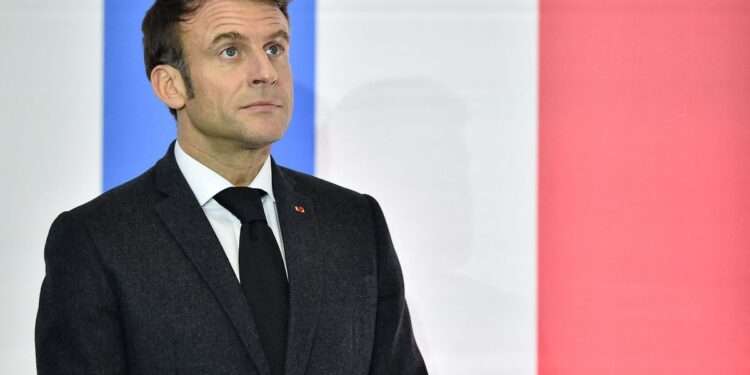Stanbic Bank Ghana is urging policymakers to shift focus from temporary monetary measures to deeper, more sustainable structural and fiscal reforms in order to protect the country’s recent progress in foreign exchange stability.
The call came from Musah Abdallah, Head of Corporate and Investment Banking at Stanbic Bank, during the latest Graphic Business/Stanbic Bank Breakfast Meeting.
The event, themed “Sustaining Forex Gains: Business and Economic Impact,” brought together policymakers, economists, industry leaders, and financial experts to explore strategies for turning short-term forex gains into long-term economic growth.
In his opening remarks, Mr. Abdallah emphasized that monetary interventions alone cannot secure lasting stability in Ghana’s forex market. “Sustaining our forex gains will require more than short-term fixes,” he said.
“It would demand deep structural reforms, ongoing fiscal discipline, complementary and progressive monetary policy, and continuous support for the productive sectors of our economy.”
Musah Abdallah
Translating Stability into Real Benefits
While acknowledging the positive steps taken in stabilizing the cedi, Mr. Abdallah stressed the need to ensure that these macroeconomic improvements are felt at the micro level—by businesses and ordinary citizens.
“Today’s theme is so timely and there are some questions we need to answer, like: how do we protect and extend the progress made? How do we channel forex gains into real, tangible development outcomes? How do we ensure that businesses thrive in the new environment?”
Musah Abdallah
He pointed out that stability in the forex market should directly support economic productivity, making it easier for companies to plan, invest, and expand operations without the uncertainty of volatile exchange rates.
Stanbic Bank’s Role in National Development
Mr. Abdallah also outlined Stanbic Bank’s commitment to going beyond its role as a financial intermediary, describing the bank as a partner in Ghana’s broader development agenda.
“At Stanbic Bank, these questions are core to our mission. We are committed to being more than just a financial services provider. We aspire to partner in nation-building, helping to navigate the complexities of the macroeconomic environment, whilst equipping businesses and individuals to make informed, future-ready decisions.”
Musah Abdallah
The bank, he noted, sees the ongoing forex discussion as part of a larger effort to build resilience in Ghana’s economy, particularly in the face of global economic uncertainties.
Opening the Conversation to the Public
Mr. Abdallah further called for greater public involvement and broader stakeholder engagement in discussions about foreign exchange policies. “We believe that the forex discussions should not be confined to boardrooms or trading floors. We must stimulate national conversations around how these gains affect the real economy,” he said.
By making forex policy a national conversation, he argued, policymakers and businesses can collaborate more effectively to ensure the benefits are spread across all sectors of society.
The breakfast meeting series has become a significant platform for exploring critical economic and business issues in Ghana. Past editions have covered topics such as industrialization, agriculture, public-private sector partnerships, private sector growth, and access to credit.
This continuity of dialogue reflects Stanbic Bank’s commitment to creating spaces where industry leaders, policymakers, and the public can collectively address Ghana’s most pressing economic challenges.
This means strengthening fiscal discipline, investing in productive sectors, and ensuring policies are well-coordinated to achieve sustainable growth.
If implemented effectively, these reforms could help Ghana not only maintain its forex gains but also transform them into a solid foundation for economic resilience, job creation, and improved living standards.
READ ALSO: Egypt Signs $35 Billion Gas Import Deal with Israel’s Leviathan Field


















